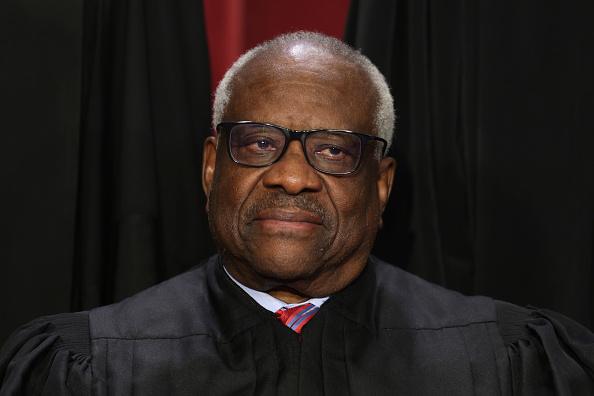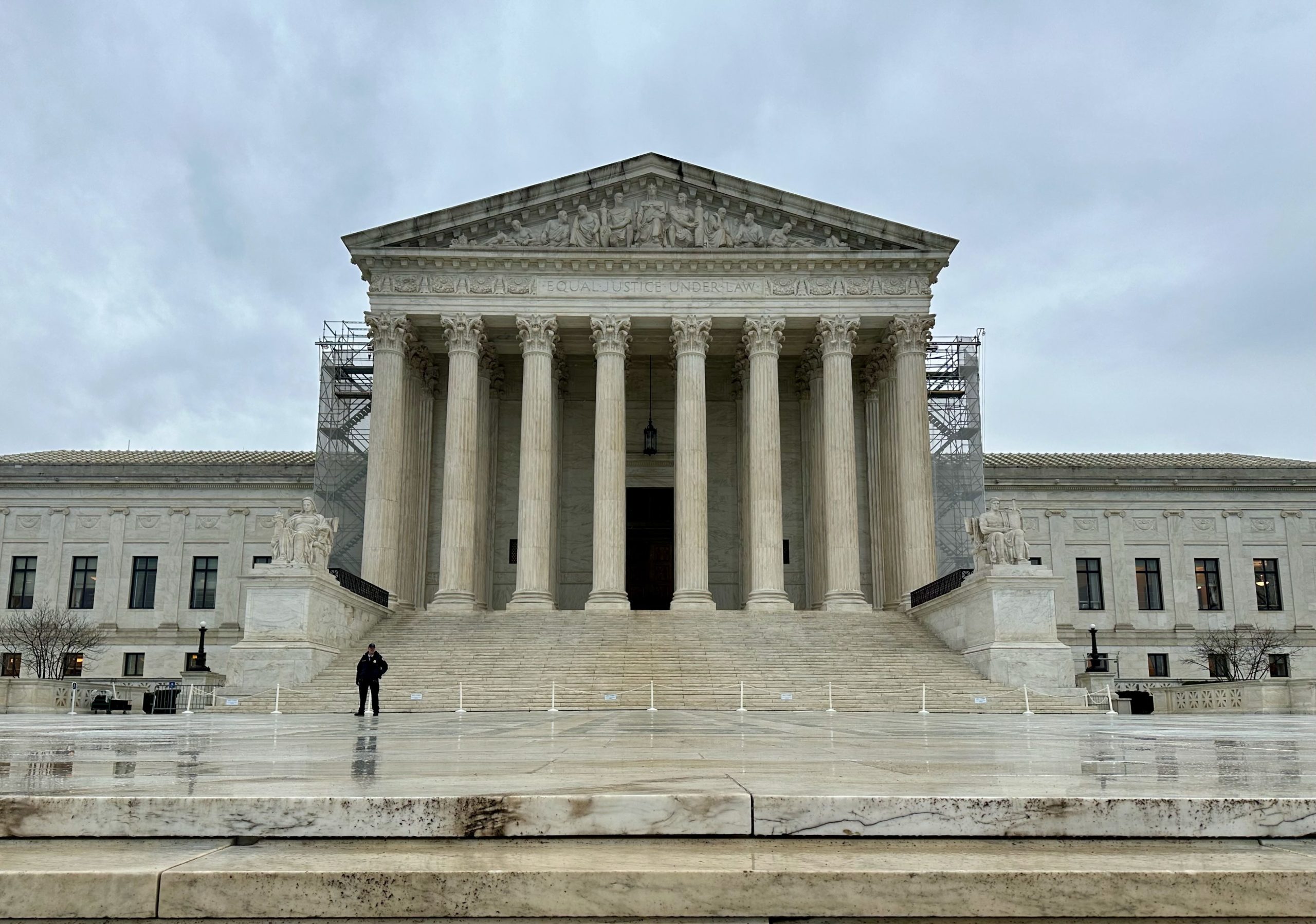Justices allow execution of Missouri man who argued mental incompetency
CAPITAL CASE
on Aug 1, 2023
at 8:10 pm
The Supreme Court on Tuesday night refused to stay the execution of Johnny Johnson, scheduled for 6 p.m. CDT. The court’s liberal justices dissented from the decision to allow the execution to go forward, with Justice Sonia Sotomayor arguing that Johnson was entitled to a hearing to determine whether he is mentally competent to be executed. “There is no moral victory,” Sotomayor wrote, “in executing someone who believes Satan is killing him to bring about the end of the world.”
Johnson was executed by lethal injection and pronounced dead at 6:33 p.m. CDT.
Johnson was sentenced to death for the 2002 attempted rape and murder of six-year-old Casey Williamson. Johnson argued that executing him would violate the Eighth Amendment’s ban on cruel and unusual punishment because he suffers from serious mental illness and does not understand the reason for his execution.
After the Missouri Supreme Court declined either to put his execution on hold or to give him a hearing to develop his claims, Johnson went to federal court. The U.S. Court of Appeals for the 8th Circuit initially put his execution on hold, but the state appealed to the full court, which lifted the stay on Saturday.
Johnson came to the Supreme Court on Monday, asking the justices to put his execution on hold and take up his appeal. In a pair of brief unsigned orders issued shortly before 5:30 p.m. CDT, the justices declined to do so.
In a 10-page opinion joined by Justices Elena Kagan and Ketanji Brown Jackson, Sotomayor contended that, under the Supreme Court’s case law, Johnson was entitled to a hearing on his competency to be executed because he had provided “extensive threshold evidence of incompetency — including voluminous medical records documenting his decades-long struggle with mental illness and a 55-page report from his psychiatrist.” Instead, she complained, the court’s orders “pave[] the way to execute a man with documented illness before any court meaningfully investigates his competency to be executed.”
This article was originally published at Howe on the Court.






